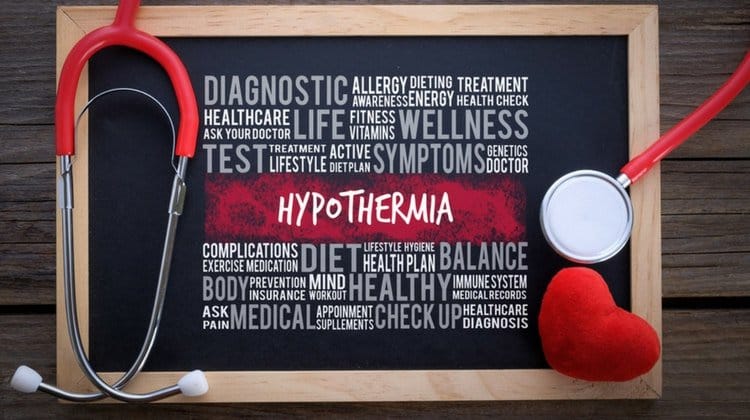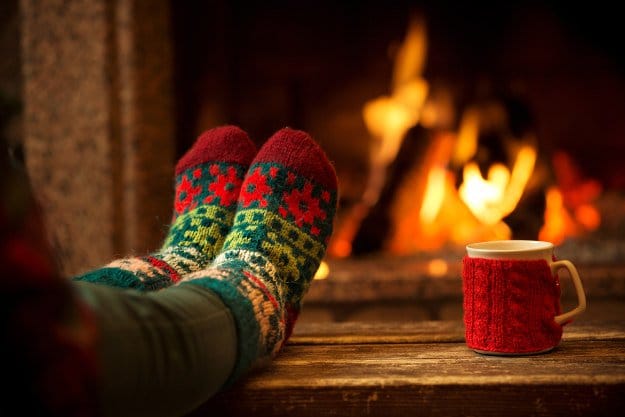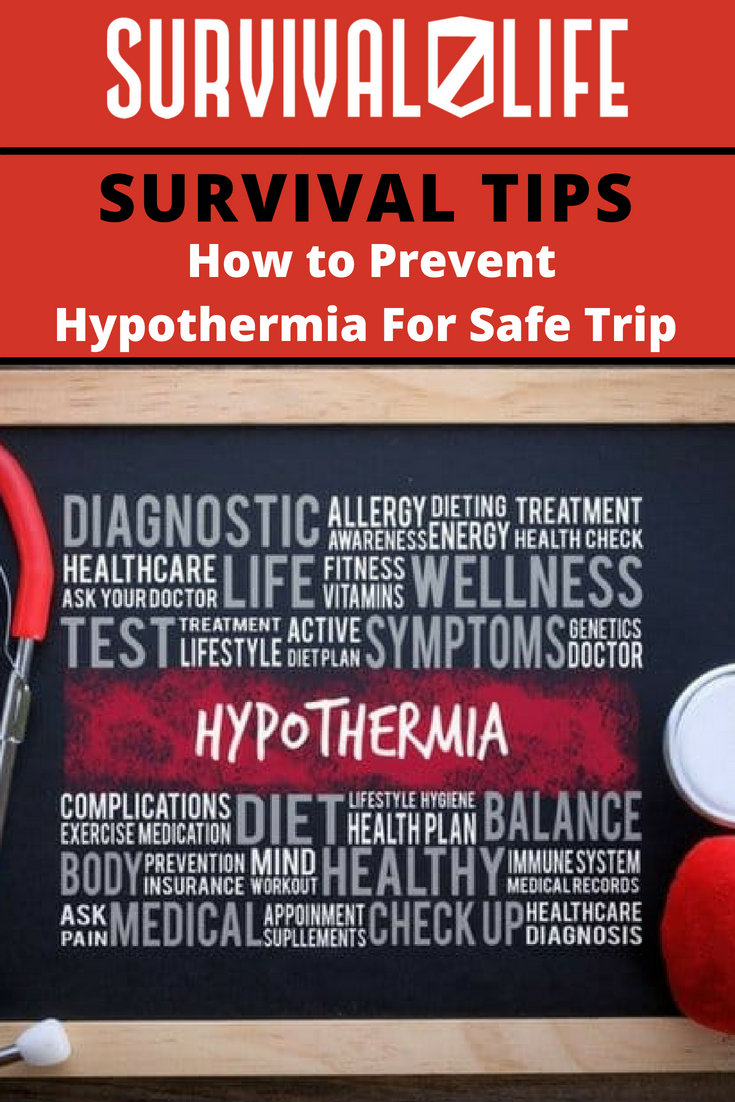Survival Skills
Survival Tips : How to Prevent Hypothermia For Safe Trip
Ever been stuck outdoors in a biting cold weather condition? Have you ever experienced shivering accompanied by dizziness, nausea, and slight confusion? Well, you probably experienced the symptoms of hypothermia. Now the question is –how to prevent hypothermia from happening? And this is where we come in. Read on and check out these awesome tips on how to stop this life-threatening condition before it strikes.

When you’re exposed to cold weather conditions for a long period of time, you’ll run the risk of hypothermia. This is the point where your body loses heat at an alarming speed. As your temperature drops, you will start to shiver because it is your body’s automatic defense against cold weather. But having the knowledge on how to prevent hypothermia before it gets you is the best protection a survivalist can have. So with that being said, here’s a list of things you need to keep in mind to avoid hypothermia.
How to Prevent Hypothermia For Safe Trip
Your heart, nervous system, and other organs will cease to function gradually as your body temperature drops. And if it’s not treated or given immediate attention, it will lead to complete heart and respiratory failure, or worst of all, death. So if you’re the type of person who spends prolonged periods of time exposed to cold temperatures, you need to know how to prevent hypothermia from happening. I believe that prevention is always better than cure. Below are proven and tested tips that will keep you safe from this life-threatening condition.
1. Wear Protective Covering

Before you go out in cold weather, you need to assess the current situation. By checking weather reports, you’ll be able to know if it’s safe to go outside or not. Once you’re fully informed, you can plan and prepare the things that you’ll need. You also need to check if you’re wearing appropriate clothes. Wear a hat and other protective gear that can cover your head, face, and neck. Wear mittens instead of gloves because it can prevent body heat from getting out plus it keeps your finger in closer contact.
2. Overexertion
You should avoid activities that can cause you to sweat profusely. You can rapidly lose body heat because of the combination of wet clothing and freezing weather. Keep yourself dry as much as you can.
3. Wick, Warm, And Weather Rule
Using different layers of clothes is a very effective way of preventing hypothermia. When you’re outdoors, a single layer of clothing will do you no good. By following the wick, warm, weather rule, you will be protected from the freezing cold. For the first layer, you should wear a wicking fabric close to your skin. It is made to keep the moisture away as you sweat, keeping you dry all the time. For the second layer, wear wool. Wool is the best choice to wear in cold weather because it provides insulation. And for the last layer, wear a waterproof top. You can wear windbreakers to ensure that your other layers will remain dry.
*Tip : According to experts and seasoned outdoorsmen, don’t wear clothes that are made of cotton because it isn’t enough to keep you warm in cold weather. Plus when it gets wet, it is slow to dry and it will hold moisture against your skin. It is not advisable to wear it whenever you’re out in the cold.
4. Stay Dry

You need to keep yourself dry as much as possible. Moisture is definitely your worst nemesis when it comes to fighting hypothermia. You have to avoid wet areas and in the event that you get wet, take off wet clothing instantly.
5. Go Back While You Still Can
You have to be aware of the weather condition. If you think that you will put yourself at risk of hypothermia then you better turn around quickly. It is always better to be safe than sorry. Never ignore the early signs of hypothermia such as shivering, dizziness, faster breathing, trouble speaking, lack of coordination, slight confusion, and increased heart rate.
If you want to know more about hypothermia, you need to watch this video!

-

 Do It Yourself7 months ago
Do It Yourself7 months agoParacord Projects | 36 Cool Paracord Ideas For Your Paracord Survival Projects
-

 Do It Yourself9 months ago
Do It Yourself9 months agoHow To Make Paracord Survival Bracelets | DIY Survival Prepping
-

 Do It Yourself9 months ago
Do It Yourself9 months ago21 Home Remedies For Toothache Pain Relief
-

 Do It Yourself10 months ago
Do It Yourself10 months agoSurvival DIY: How To Melt Aluminum Cans For Casting
-

 Exports8 months ago
Exports8 months agoAre Switchblades Legal? Knife Laws By State


Pingback: Winter First Aid Guide | Surviving The Cold Weather – The Self-Sufficient Life
Pingback: Winter First Aid Guide | Surviving The Cold Weather – Alive After USA Fall
Pingback: Winter First Aid Guide | Surviving The Cold Weather - Cooking in Quarantine
Pingback: Winter First Aid Guide | Surviving The Cold Weather – Sprent Brass
Pingback: Winter First Aid Guide | Surviving The Cold Weather – Survival Blog
Pingback: Winter First Aid Guide | Surviving The Cold Weather – surviveurself
Pingback: Winter First Aid Guide | Surviving The Cold Weather – SurvivalHood
Pingback: Winter First Aid Guide | Surviving The Cold Weather – Bulletproof Survivors
Pingback: Winter First Aid Guide | Surviving The Cold Weather - Survivalnomics